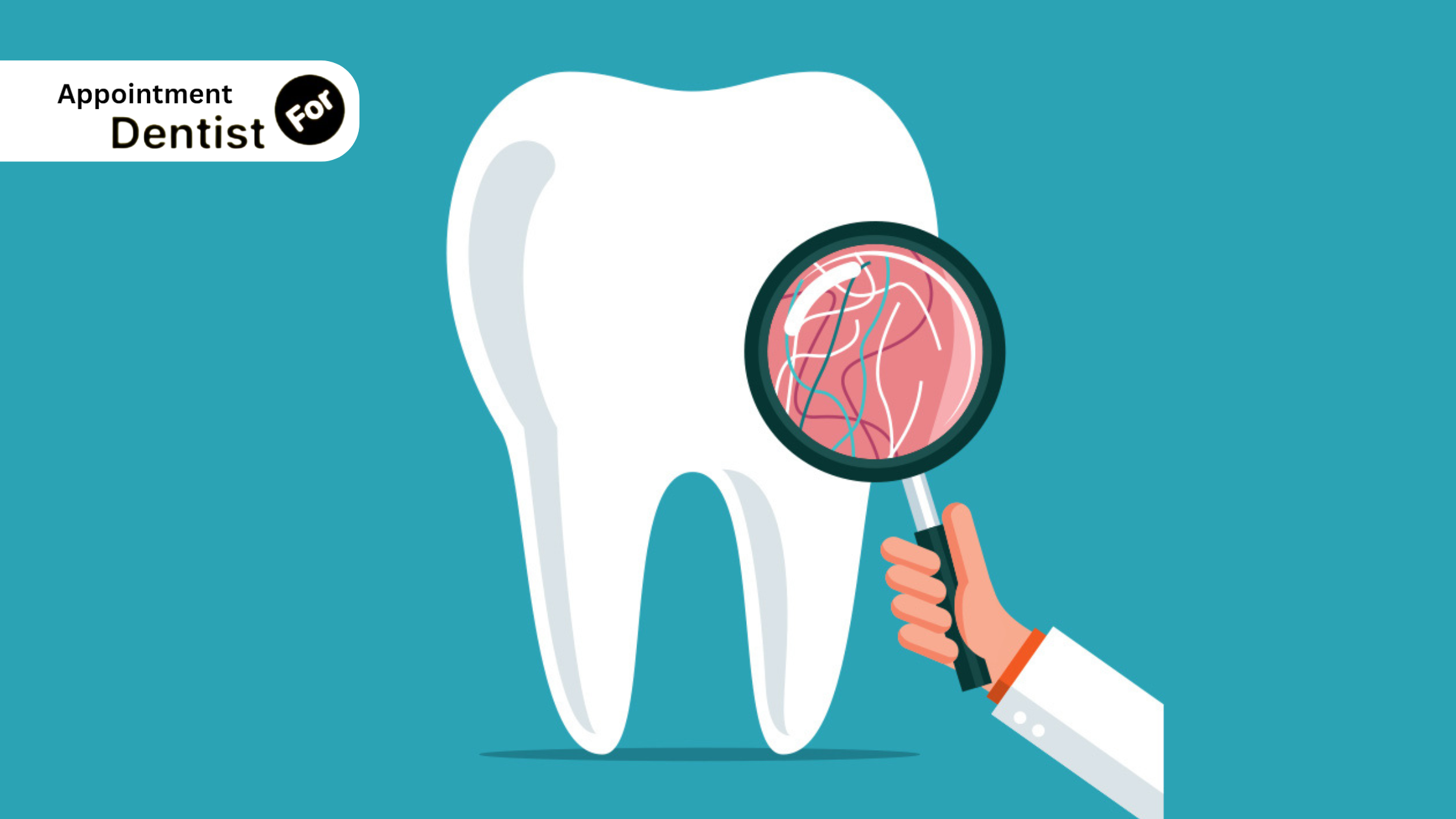7 Mistakes to Avoid When Choosing a Dental Plan
Posted on July 13, 2024 by Admin

Choosing a dental insurance plan requires careful consideration to ensure you get the coverage you need at a cost that fits your budget. Making the wrong choice can lead to unexpected expenses or limitations on the care you receive. Here are seven common mistakes to avoid when selecting a dental plan
Not Understanding Your Dental Needs
One of the biggest mistakes people make is not assessing their own dental needs before choosing a plan. Consider your oral health history, any ongoing issues, and the likelihood of needing major procedures in the future. This assessment will help you choose a plan that covers your specific needs adequately.
Ignoring Plan Details and Coverage Limits
It’s crucial to carefully review the details of each plan, including coverage limits, deductibles, copayments, and annual maximums. Some plans may have waiting periods for certain services or limitations on coverage for major procedures like crowns or root canals. Ignoring these details could leave you with unexpected out-of-pocket expenses.
Also Read: 7 Mistakes to Avoid When Choosing a Dental Plan
Choosing the Cheapest Plan Without Considering Coverage
While cost is important, opting for the cheapest plan without considering the coverage it provides can be a mistake. A plan with low premiums may have high deductibles or limited coverage for necessary treatments. Evaluate the overall value of the plan based on both cost and coverage.

Not Checking Network Dentists
If you have a preferred dentist or dental clinic, ensure they are in-network with the plan you’re considering. Using an out-of-network provider can result in higher out-of-pocket costs or limited coverage, depending on the type of plan. Always check the network of dentists and their proximity to your location.
Overlooking Annual Maximums
Every dental plan has an annual maximum— the maximum amount the plan will pay for covered services in a calendar year. If you anticipate needing major dental work or have ongoing dental issues, choosing a plan with a higher annual maximum can prevent unexpected expenses later on.
Not Considering Orthodontic Coverage
If you or a family member may need orthodontic treatment such as braces, check if the plan covers orthodontics and what the limitations are. Orthodontic treatments are often considered a major expense and may have separate coverage limits, waiting periods, or higher out-of-pocket costs.
Failing to Review Exclusions and Waiting Periods
Most dental plans have exclusions— services that are not covered— and waiting periods for certain procedures. Common exclusions include cosmetic dentistry and experimental treatments. Waiting periods can vary from a few months to a year for basic and major services. Understanding these exclusions and waiting periods is crucial to avoid surprises when you need dental care.
Must Read: Things You Should Know About Dental Insurance
Choosing the right dental plan requires careful consideration of your dental health needs, plan details, network coverage, and potential costs. By avoiding these common mistakes and thoroughly researching your options, you can select a dental plan that provides adequate coverage and peace of mind. Regularly review your plan during open enrollment periods or life changes to ensure it continues to meet your needs effectively. Taking the time to make an informed decision today can lead to better oral health and financial stability in the future.
Faqs
-
1. What should I consider when choosing a dental plan?
Consider your dental health needs, including preventive care and potential for major treatments. Evaluate plan details like coverage limits, deductibles, and network dentists.
-
2. What is the difference between HMO and PPO dental plans?
HMO plans require you to choose a primary dentist and usually have lower premiums but limited provider choices. PPO plans offer more flexibility with in-network and out-of-network options but may cost more.
-
3. How do I know if my dentist is in-network?
Check the plan’s provider directory or contact your dentist’s office and the insurance company directly to confirm network participation.
-
4. What are common exclusions in dental insurance plans?
Cosmetic procedures, orthodontics (often with separate coverage), and experimental treatments are typically excluded. Review your plan’s specifics for details.
-
5. Can I change my dental plan if my needs change?
Yes, typically during annual open enrollment periods or after qualifying life events like marriage or job changes. Review and update your plan as needed to ensure it meets your current needs.
Recent Post
- The Importance of Oral Health Education for Children
- How to Choose the Right Orthodontic Treatment for Adults
- The Link Between Oral Health and Stroke Risk
- How to Address and Prevent Gum Recession
- Innovations in Dental Anesthesia: Pain-Free Procedures
- The Role of Saliva in Oral Health: Functions and Disorders
- Exploring Holistic Dentistry: What You Need to Know
- How Oral Health Affects Your Immune System
- The Benefits of Using Dental Probiotics
- Oral Health and Pregnancy: Myths and Facts